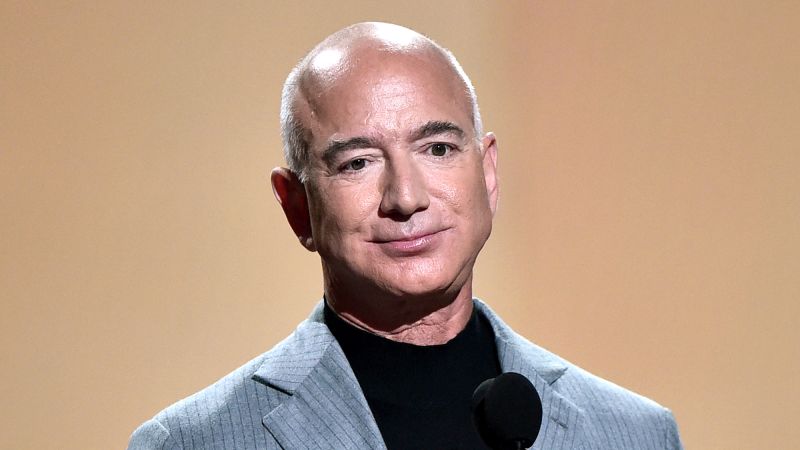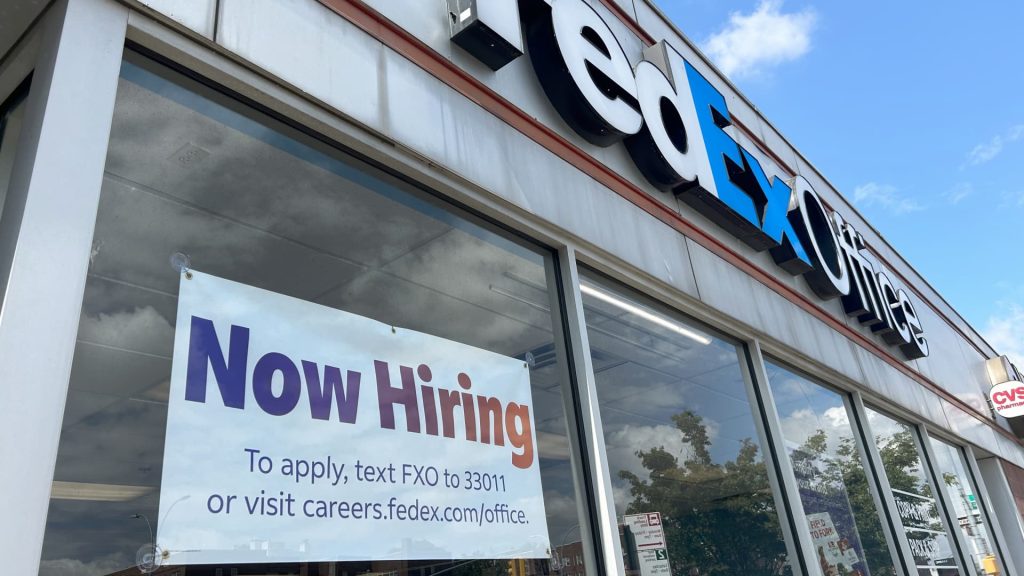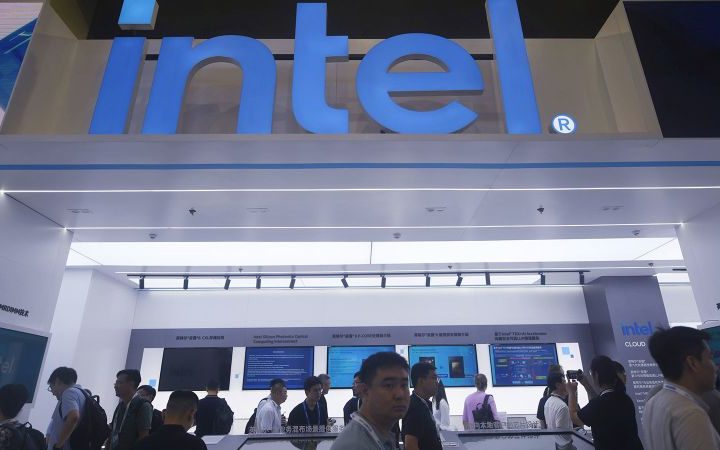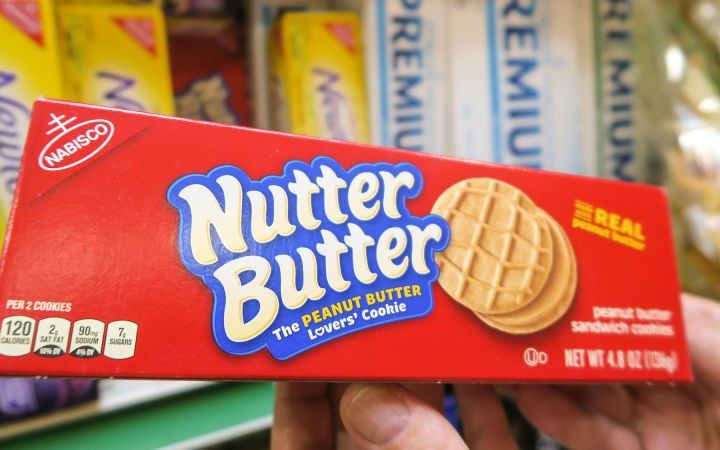Amazon founder Jeff Bezos personally directed a monumental shift in the company’s e-commerce business to embrace online advertising, according to a newly unredacted version of an antitrust lawsuit filed this fall by the Federal Trade Commission and 17 states.
The moves allegedly changed Amazon’s trajectory and deliberately juiced the platform’s revenues at the expense of customer experiences.
The complaint’s newly unsealed portions, filed Thursday in Seattle federal court, uncover a wide range of previously non-public allegations. They also provide novel context on Amazon’s sprawling business, including specific figures that illustrate Amazon’s enormous scale and its relationship with third-party sellers on its platform.
The filing also reveals more details about Project Nessie, a secretive price-matching algorithm whose characteristics were heavily redacted in the original complaint but that has allegedly earned Amazon more than $1 billion in excess profits from US households, according to the newly unsealed portions of the complaint.
The further evidence and accusations were revealed after federal and state governments accused Amazon in September of running an illegal monopoly, in a landmark case testing the Biden administration’s commitment to a tougher competition enforcement agenda.
“Amazon works incredibly hard every day to earn customers trust, and customer feedback on our shopping experience is consistently positive,” said Tim Doyle, an Amazon spokesman. “Amazon works hard to make it fast and easy for customers to find the items they want and discover similar options by providing a mix of organic and sponsored search results based on factors including relevance, reviews, availability, price, and speed of delivery, along with helpful search filters to refine their results.”
Doyle pointed to Kantar, an independent data and insights firm, noting that the firm found Amazon’s advertising “to be the most useful and relevant to customers around the world.”
In the original complaint, the FTC and state plaintiffs claimed that Amazon has harmed consumers by, among other things, cramming its online marketplace full of irrelevant advertising, which allegedly and indirectly raises consumer prices.
That decision came from the very top, according to the newly unsealed portions of the complaint. In 2014, Bezos, then the company’s CEO, allegedly instructed his lieutenants to “go big, very big” on advertising, and in 2016 directed his subordinates to expand the company’s ad business further by showing consumers greater amounts of irrelevant ads.
Amazon’s internal research showed that even when it showed more ads that weren’t relevant to users’ searches, “advertising revenue still increased Amazon’s overall profits by [redacted] million,” the newly unsealed complaint said.
The change led to cultural shifts within Amazon to prioritize ad revenue without limits, according to the lawsuit, which claims Amazon executives chose not to put “guardrails” on the irrelevant ads when they easily could have.
The business decision appeared to reveal tensions between the company’s search and advertising priorities, the complaint said, with some Amazon executives characterizing the ad team’s incentives as akin to a fox guarding a henhouse, or like the proverbial scorpion who rides a frog across a river but who stings the frog halfway across.
“It was in the advertising division’s nature as the proverbial ‘scorpion’ to poison organic search results,” the complaint said, describing one senior Amazon executive’s account of the situation.
In another situation, Amazon allegedly took steps to promote its own, proprietary products — such as the Amazon Kindle tablet — as having been recommended by expert reviewers when the Amazon products had not earned such a recommendation.
The newly unredacted complaint also dives deep on Amazon’s alleged use of pricing algorithms.
In the early 2010s, Amazon discovered that there were certain products it offered for which other retailers would reliably match Amazon’s price. If the Amazon price went up, the competing retailers would increase their prices as well, according to the complaint.
Amazon operationalized those insights by creating Project Nessie, an algorithmic tool specifically designed to figure out which items other retailers would try to price-match. Then Amazon would deliberately raise prices on those items and hold them there, expecting rivals to do the same, the complaint said.
Amazon allegedly began using Project Nessie in 2014 and turned it on and off depending on whether it believed it might get caught, according to the complaint.
“In 2018, Amazon estimated that Project Nessie increased Amazon’s yearly profits by $334 million, including nearly $57 million in additional profit from selling higher-priced books and at least $10 million in additional profit in each of twelve other product categories,” the unsealed complaint said. “The sole purpose of Project Nessie was to further hike consumer prices by manipulating other online stores into raising their prices.”
Amazon has previously said that its platform has led to lower prices, faster delivery times and other benefits for millions of consumers.
And it has said that if the antitrust suit is successful, Amazon could have to raise prices on customers for products such as Amazon Prime, or provide slower shipping services.
“The lawsuit filed by the FTC today is wrong on the facts and the law, and we look forward to making that case in court,” Amazon General Counsel David Zapolsky said in September.
Read the full article here







